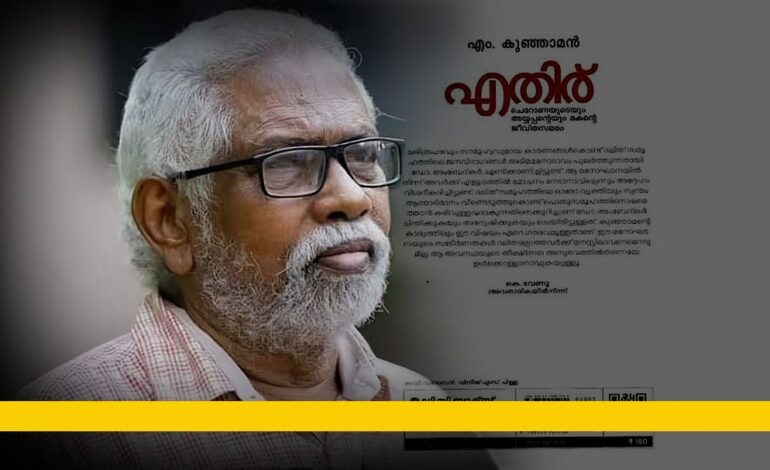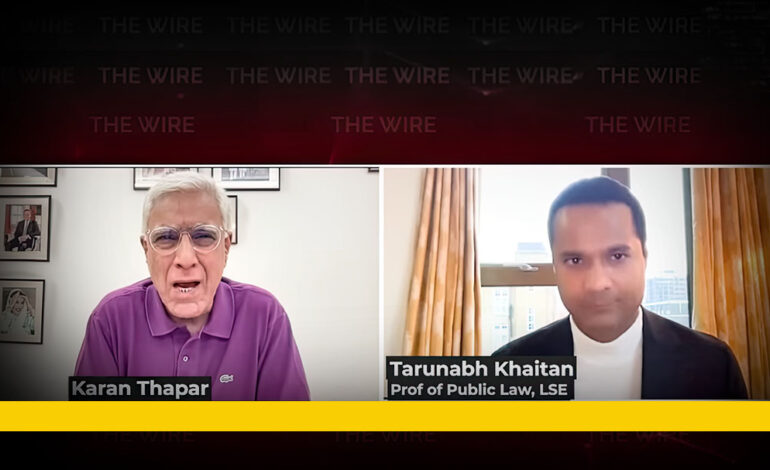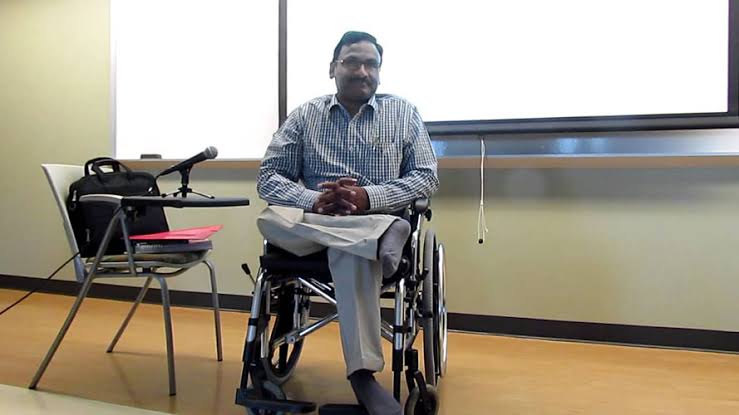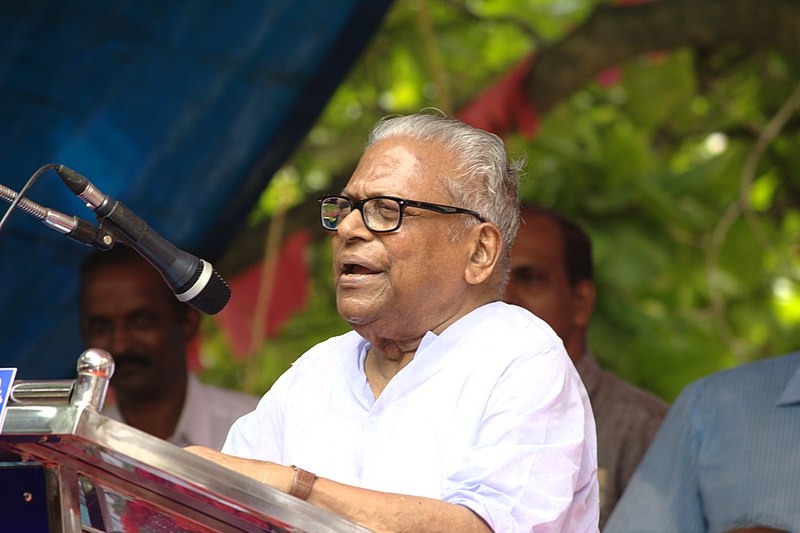Food, Oil, and Justice: COP 28 Dialogues Continue to Generate Heat
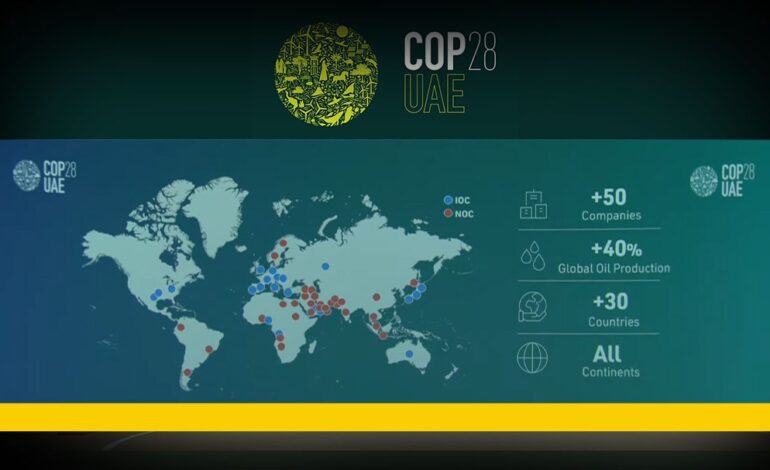
There are conflicting positions emerging out of the global climate change summit, COP 28, on whether to ‘phase out’ or ‘phase down’ fossil fuels. This debate has fired up the summit discussions on the heels of the COP 28 President and oil industry executive Sultan al-Jaber’s comment that there is no science that links fossil fuels with global warming. In a damage control press meet soon after, al-Jaber explained that his words were misinterpreted. However, the entire episode raises concern that the use of fossil fuels might be defended by many countries and individual entities for a long time to come. This is alarming as studies have definitively proven that to keep global warming within the 1.5 degrees range, the use of fossil fuels must be drastically cut down at quite a fast pace.
In an earlier development on the third day of the summit, 50 oil companies had signed a related and controversial agreement, ‘The Oil and Gas Decarbonisation Charter’ to attain near-zero methane emissions by 2030. They also pledged to stop flaring (burning of excess methane) by the same deadline. Sultan al-Jaber, who is also the Minister of Industry and Advanced Technology of the UAE and the head of the Abu Dhabi National Oil Company made this announcement on the third day of the COP 28. The environment groups immediately responded with alarm and called it a smokescreen to continue the use of oil and gas. Notwithstanding these reservations, there is also the fact that the companies who have signed the treaty collectively account for half of the world’s oil production.
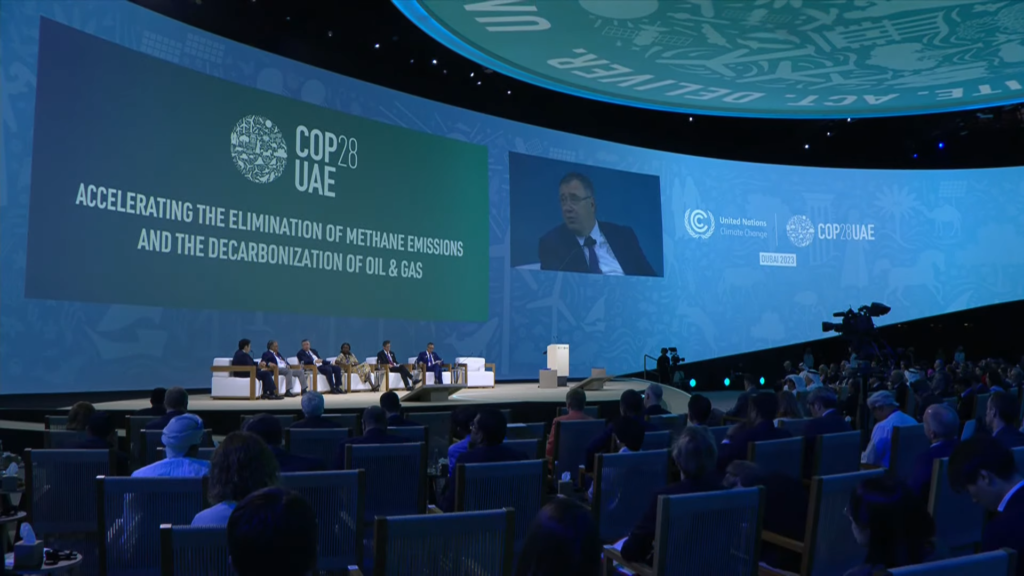
The agreement is viewed as a strategy that will help oil companies to retain their relevance and hold on to the global energy stage instead of those countries, who are committing to completely phase out oil and gas. This phasing out is rated as the most needed and only effective step to reduce global warming. Another less obvious, yet crucial aspect of this treaty is that even if the oil companies reduce their methane emissions, the end users, that is the consumers of oil and gas, will continue to use them and pump carbon dioxide and other greenhouse gases into the atmosphere.
On a positive note, the world leaders gathered in Dubai for the COP 28 negotiations have pledged to make the food systems of the world more sustainable. This is the first formal contract among the nations of the planet that links climate change with food.
The agreement signed on the second day of the summit is titled, ‘The COP 28 UAE Declaration on Sustainable Agriculture, Resilient Food Systems and Climate Action’ and points to the level of urgency felt by the world to act decisively towards climate change mitigation. In the agreement, the nations agreed to prepare elaborate plans to convert their food systems to help them adapt to the changing climate of the Earth. Thus by 2025, that is in two years, the world leaders promise to incorporate climate action into all kinds of policies and steps related to agriculture and food production.
134 countries have already signed this agreement and more are expected to sign before the COP 28 summit ends on December 12. India has not signed when I write this.
On the sidelines of the summit, another huge development was the signing of a contract between the UAE and the Bill and Melinda Gates Foundation to carry out agriculture research as well as agricultural innovation research for climate friendly farming, along with financing the technical innovation to implement the COP 28 declaration on sustainable food production.
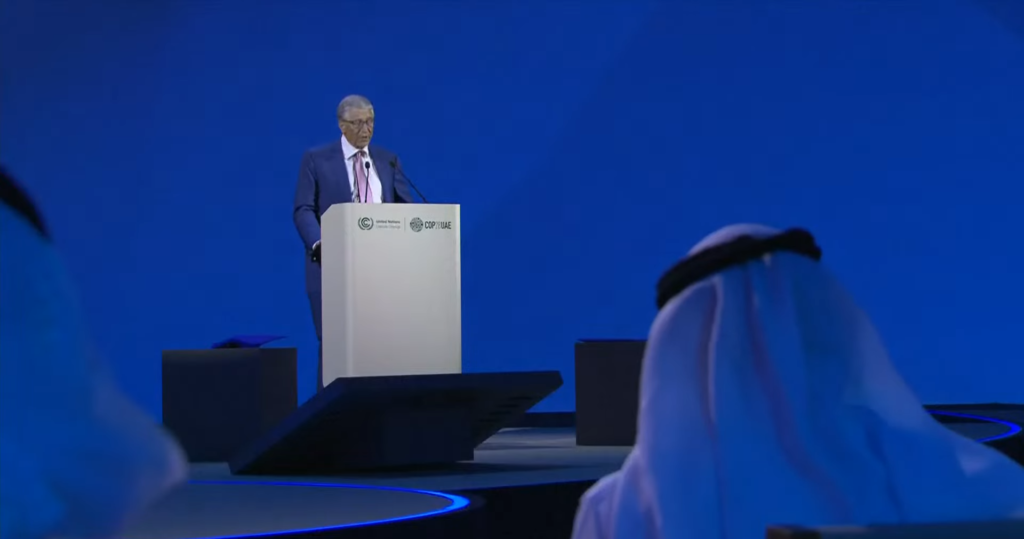
The implications of the sustainable agriculture treaty are wide-ranging. The US is already on the path of making its agriculture climate friendly with a realisation that 10% of its total greenhouse emissions are from agriculture. In 2021, the United States Department of Agriculture launched an ambitious $3 billion project, which is primarily focused on incentivising the farmers who use sustainable farming technologies and practices.
The plan is named, Climate Adaptation and Resilience Plan, ‘Partnerships for Climate-Smart Commodities’. One cannot miss the contrast between the meagre $17.5 million that the US promised the developed and developing countries as loss and damage aid towards climate adaptation and the $3 billion the country set aside for supporting its own farmers.
However, in another negotiation at the summit, the US pledged $3 billion to the Green Climate Fund (GCF) that was established in 2010. This fund will be released only after the US Congress approves it. It is a fund that is used to support climate adaptation and mitigation in developing/underdeveloped countries.
When the US climate adaptation plan for farmers was launched one big concern raised by environment groups was that big agriculture companies will snatch away the benefits leaving the small and medium farmers to cope with climate change on their own. All the climate mitigation measures have to be rated and monitored against similar concerns where there is equitable distribution of funds between the deserving nations as well as other entities such as farmers or industries.
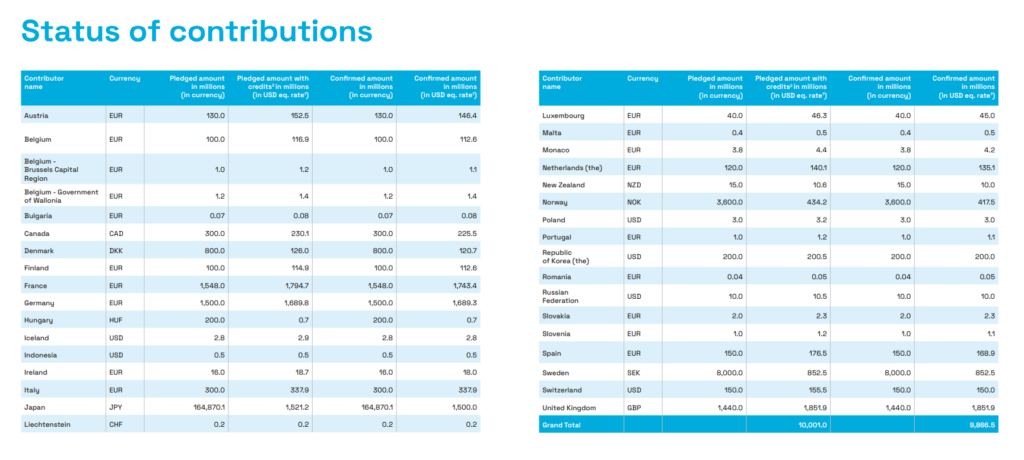
The upcoming and first of its kind global stocktaking of climate action will be the highlight of COP 28. Pledges and promises aside, this stocktaking will reveal how much progress has really happened on the ground in terms of climate action.
In an interview, the UN Secretary General Antonio Guterres has summarised the discussions happening at the Summit into three major categories. A broad paraphrasing of what he said in a video interview is as follows- First, the countries have to commit themselves to limiting global warming within the 1.5 degrees threshold by truly aligning their NDCs (Nationally Determined Contributions- self prepared plan of action and commitments by countries) with this goal. Second, fossil fuels have to be phased out, the world has to decide to completely transition into renewable energy, and this energy should become accessible to all. The third major goal is the speeding up of the entire process so that no one is made to suffer under the devastation caused by climate change before the world acts.
The Secretary General reminded everyone that this third goal in concrete terms means a lot of financial aid to the developing/underdeveloped countries.
For more stories regarding Climate Change, Click here. To receive updates on detailed analysis and in-depth interviews from The AIDEM, join our WhatsApp group. Click Here. To subscribe to us on YouTube, Click Here.


